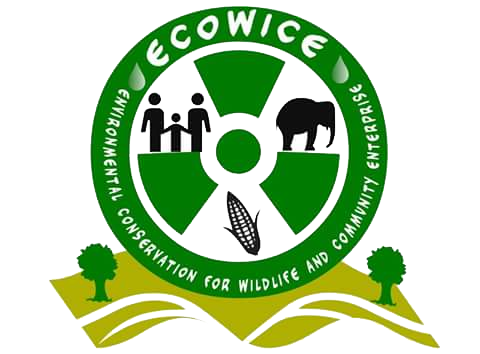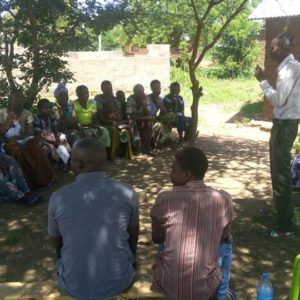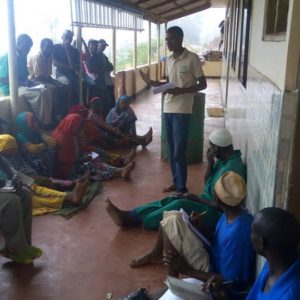The Story Behind Mikumi: A Name Rooted in HarmonyHave you ever wondered how Mikumi National Park got its name? The story traces back to the Mikumi palm tree, a vital symbol of life and connection for the local communities.This remarkable tree thrives in the stunning savannahs of Mikumi, a landscape rich with diverse wildlife. For...
Category: <span>Ecology</span>
THREAT OF LIVESTOCK GRAZING IN SAADANI NATIONAL PARK
Livestock grazing along and inside protected areas is one of the major threat as it mostly results to habitat loss and degradation. Strong and immediate interventions are needed in order to reduce this especially in highly threatened areas like Saadani National Park.
Mushroom farming and Beekeeping as alternative income generating activities
ECOWICE is currently supporting communities to have alternative means of generating income and food rather than depending on forest and wildlife resources. The project will involve awareness raising on forest conservation and promotion of alternative means generating income activities, including beekeeping and mushroom farming in Maswa, Handeni, Babati, Karatu and Ludewa districts
Promotion of eco-agri-food systems- Uluguru mountains Nature reserve
For sustainable conservation, it is important to have a proper linkage between food, agriculture and ecological systems. Community must produce food through agricultural systems while ensuring that ecological processes are conserved. ECOWICE conducted training to enhance the community of Magadu village to reduce farmland expansion toward the Uluguru mountains nature reserve. They were also trained...
Mushroom Group development at Ilakala village
Mushroom farming is a good source of income and protein for communities adjacent protected areas. FARAJA UPENDO group is a group practicing mushroom farming as alternative means of income and food. Through mushroom farming, the group and their fellow community members have abandoned destructive practices such as poaching and tree cutting.


